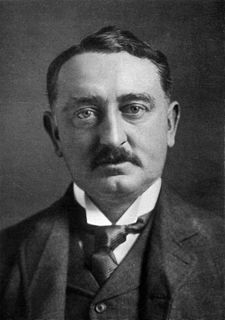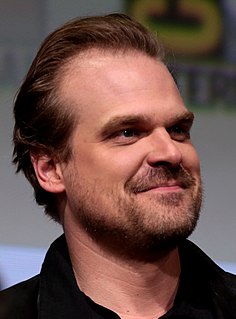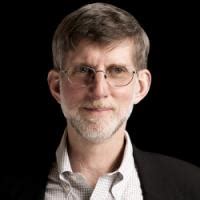A Quote by John Quincy Adams
Among the sentiments of most powerful operation upon the human heart, and most highly honorable to the human character, are those of veneration for our forefathers and of love for our posterity.
Related Quotes
Love has no middle term; either it destroys, or it saves. All human destiny is this dilemma. This dilemma, destruction or salvation, no fate proposes more inexorably than love. Love is life, if it is not death. Cradle; coffin, too. The same sentiment says yes and no in the human heart. Of all the things God has made, the human heart is the one that sheds most light, and alas! most night.
Of all ennobling sentiments, patriotism may be the most easily manipulated. On the one hand, it gives powerful expression to what is best in a nation's character: a commitment to principle, a willingness to sacrifice, a devotion to the community by the choice of the individual. But among its toxic fruits are intolerance, belligerence and blind obedience, perhaps because it blooms most luxuriantly during times of war.
The steep ride up the and down the energy curve is the most abnormal thing that has ever happened in human history. Most of human history is a no-growth situation. Our culture is built on growth and that phase of human history is almost over and we are not prepared for it. Our biggest problem is not the end of our resources. That will be gradual. Our biggest problem is a cultural problem. We don't know how to cope with it.
The core of ethics runs deep in our species and is common to human beings everywhere. It survives the most appalling hardships and the most ruthless attempts to deprive human beings of their humanity. Nevertheless, some people resist the idea that his core has a biological basis which we have inherited from our pre-human ancestors.
Africa is still lying ready for us it is our duty to take it. It is our duty to seize every opportunity of acquiring more territory and we should keep this one idea steadily before our eyes that more territory simply means more of the Anglo-Saxon race more of the best the most human, most honorable race the world possesses.
The study of letters is the study of the operation of human force, of human freedom and activity; the study of nature is the study of the operation of non-human forces, of human limitation and passivity. The contemplation of human force and activity tends naturally to heighten our own force and activity; the contemplation of human limits and passivity tends rather to check it. Therefore the men who have had the humanistic training have played, and yet play, so prominent a part in human affairs, in spite of their prodigious ignorance of the universe.
Of all the human values, three are most important. The foremost is love of God. Where there is love there is sacrifice. There arises purity of heart. There should be a fusion of love, sacrifice and purity. They are not mere human qualities. They constitute vital organs of a human being. They are as essential for a human being as the head, hands and legs for the body. Without these attributes, no one is a complete human being.
Religion is among the most beautiful and most natural of all things - that religion which 'sees God in clouds and hears Him in the wind,' which endows every object of sense with a living soul, which finds in the system of nature whatever is holy, mysterious and venerable, and inspires the bosom with sentiments of awe and veneration.
More fundamental than religion is our basic human spirituality. We have a basic human disposition towards love, kindness and affection, irrespective of whether we have a religious framework or not. When we nurture this most basic human resource - when we set about cultivating those basic inner values which we all appreciate in others, then we start to live spiritually.
By directing our sentiments, passions, and reason toward the common human plight, imagination grants us the advantages of a moralexistence. What we surrender of innocent love of self is exchanged for the safeties and pleasures of belonging to a larger whole. We are born dependent, but only imagination can bind our passions to other human beings.


































